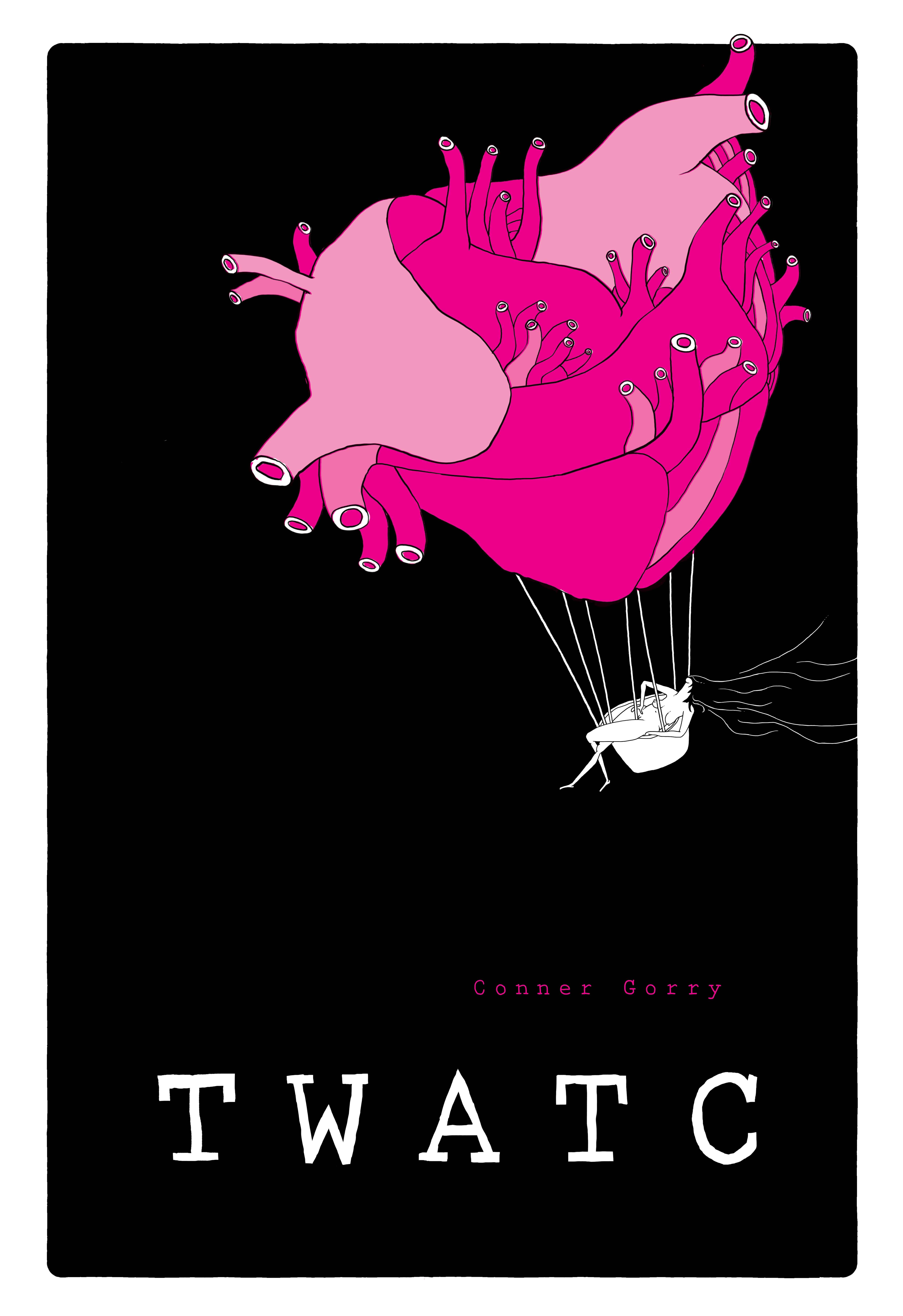Yesterday some friends and I were talking about banking in Cuba; the (in)famous “ordenamiento” of the economy and “re-ordenamiento of the ordenamiento” (I can’t make this stuff up); and the general business climate on the island. What business folks find here, sadly, is 500% inflation, Titón-esque bureaucracy, scarcity, a fierce blockade, and a deep-seeded, decades-in-the-making model that is impractical at best.
Me: That company pulled out when the bank made them convert their $200,000 hard currency deposits into pesos cubanos.
Andrés: Of course! They get fed up with the uncertainty, bureaucracy and bullshit and take their business elsewhere.
Me: Right. What’s to keep them around? A market of 11 million Cubans?
Diana: 8 million. A market of 8 million Cubans.
We laughed. We shrugged. We sipped our espresso.
Unless you’re intimate with island doings 2020-2022, you might not get the joke. Or the one about shutting off the Morro’s light.
We joke, we laugh and shrug, but it’s no laughing matter and still, after 20 years in residence (this month; I’m a glutton for punishment), I can’t shrug it off. Or shake this discomfiting feeling, the sadness and sense of abandonment (Daddy trauma runs deep) that pierces me with each ‘¿sabes quién brincó?’
_____
A few days will go by without seeing or hearing from someone. Have they contracted COVID? Slipped into a hot new love affair? Stolen away for a long weekend at Varadero or Canasí? As I consider writing them to check in, my phone pings with a WhatsApp message. The unrecognizable number begins with a +.
“Sorry I didn’t get a chance to say goodbye. I was running around crazy those last days…”
Every single goddamn week. Oftentimes more than once, someone—a dear friend, ex-lover, work colleague, loyal customer, neighbor—writes to say they’ve left the country. That they’re not going to be the last one out, charged with extinguishing the Morro’s light.
The fleeing are now a flood, with legal and illegal emigration reaching record highs not seen since the Mariel boatlift. We are no longer 11 million on the island and while Diana was exaggerating with her 8 million joke, she’s probably not far off. Cuba is hemorrhaging people, few on the island are having babies, and one of the world’s grayest populations continues to die apace, leaving what? Your tired. Your poor. Your huddled masses. Your wretched refuse. And me. Conflicted, frustrated, stubborn old me.
In the past year alone, we’ve lost (and yes: when Cubans leave, you lose them, physically, spiritually):
Jessica
Marcel
Ivan
Omar
Lazarito
Yenlis
El Chino
María Teresa & Olivia
Asol
Cristiano & Connie
Dario
Vázquez & Marlen
Thais & Claudia
Denis
I always wish them well and offer my support. I tell them, like my mom told me: ‘follow your dreams.’ But oh, the irony! Following my dreams landed me in Cuba, while my sorely-needed-now-more-than-ever support network follows their dreams of ‘anywhere but here.’
I try remaining positive. I struggle to maintain perspective, but some leave-takings cut deep, years of friendship truncated, obliterated, our connection thinning with each well-meaning text, awkward call, and ghosted video chat I just can’t rally to answer.
I’m writing this raw because I´ve failed to find a way to deal with my conflicting emotions. Of course I want my tribe to live life to its fullest, dive into different cultures, experience new places and have great adventures, to grow, learn, and earn. But is that all there is? What about years of working and laughing and loving together shoulder to shoulder? What about our memories, your debt, our future plans and unfinished chapters?
It saddens me so profoundly, I hold back tears writing this, hoping my neighbor who just stopped by won’t notice.
I study Cubans to see how they deal with it. To a one, they roll with the leave-taking, extend well wishes, and accept the loss in stride, view it as a fait accompli.
‘Of course they left. What’s worth sticking around for?’ is a common refrain.
This defeatism is new – that there really is no good reason to stick it out here, especially when all of your friends have come to the same conclusion. New too, are the elderly emigrating: 80-year olds casting their fate with coyotes to reach the US-Mexican border; retirees being pulled out by adult children who can better care for them in Miami or Madrid; emotionally blackmailing grandparents, coercing them to emigrate for the future of their grandkids.
Other new twists in the age-old Cuban emigration problem include gay couples who are still (absurdly, cruelly) prohibited from marrying here but who are granted fiancé visas by countries where same sex unions are legal, and farewell gatherings at Cuba Libro—the last stop for their last hurrah.
New, also, is my reaction: I’m shutting down to avert new hurt. If I was wary of admitting people into my inner circle before, now I’m more skittish than a goat in a gauntlet of horny campesinos. What’s the point of making new friends if they’re just going to split? Planning their departure as I type this?
Keeping my distance only becomes tricky when a special person crosses my path. No matter where you live, under whatever circumstances, this is rare—as rare as a horny campesino who hasn’t had their way with a goat. It’s the exception rather than the rule.
I think we only get a certain allotment of special people crossing our path in this life. And we have to honor that—dive in and swim, even when those waters are deep and about to be tested by those same special people following their dreams. No wonder I fight, and fail, to remain distant.
To whit: I have to stop here to try and track down Josue—a new friend I haven’t heard from in a while. I hope it’s because he’s fallen in love or is writing verses for the ages, or is on a camping odyssey, but fear it’s because he has left us. Nothing much I can do but wait for that message from an unrecognizable number beginning with +.










